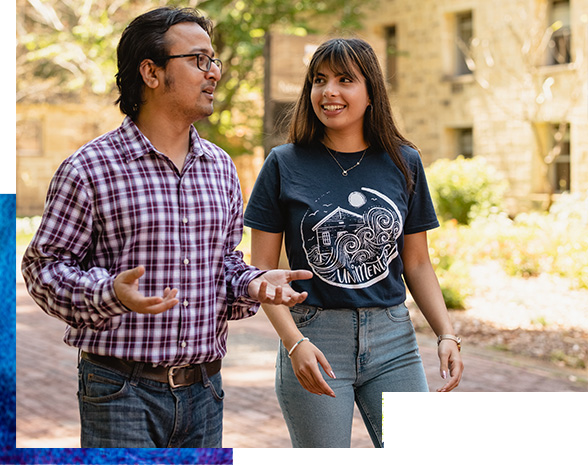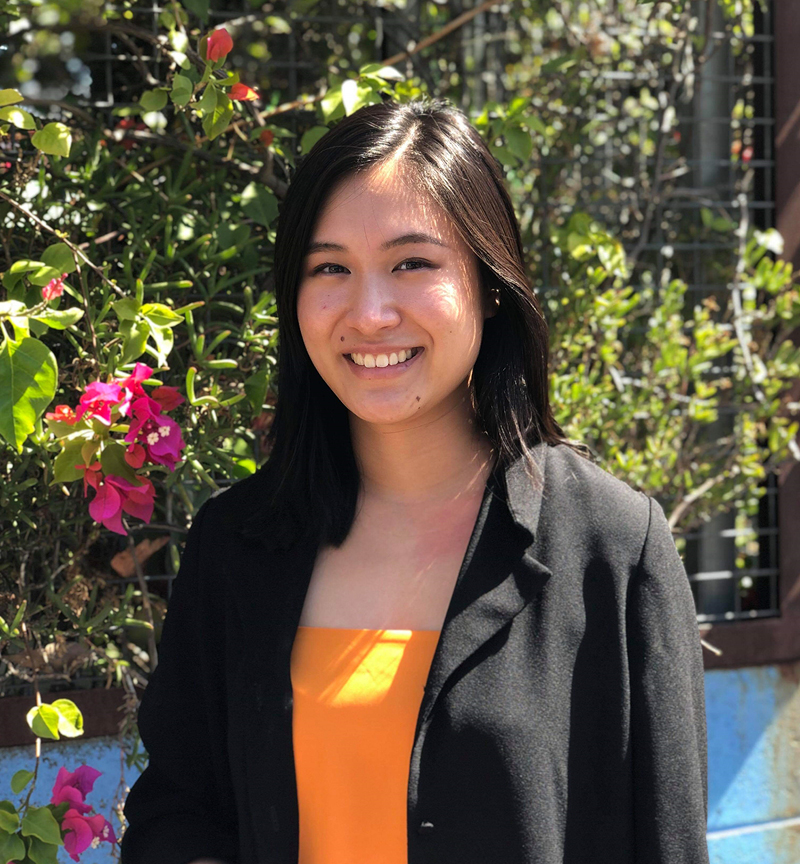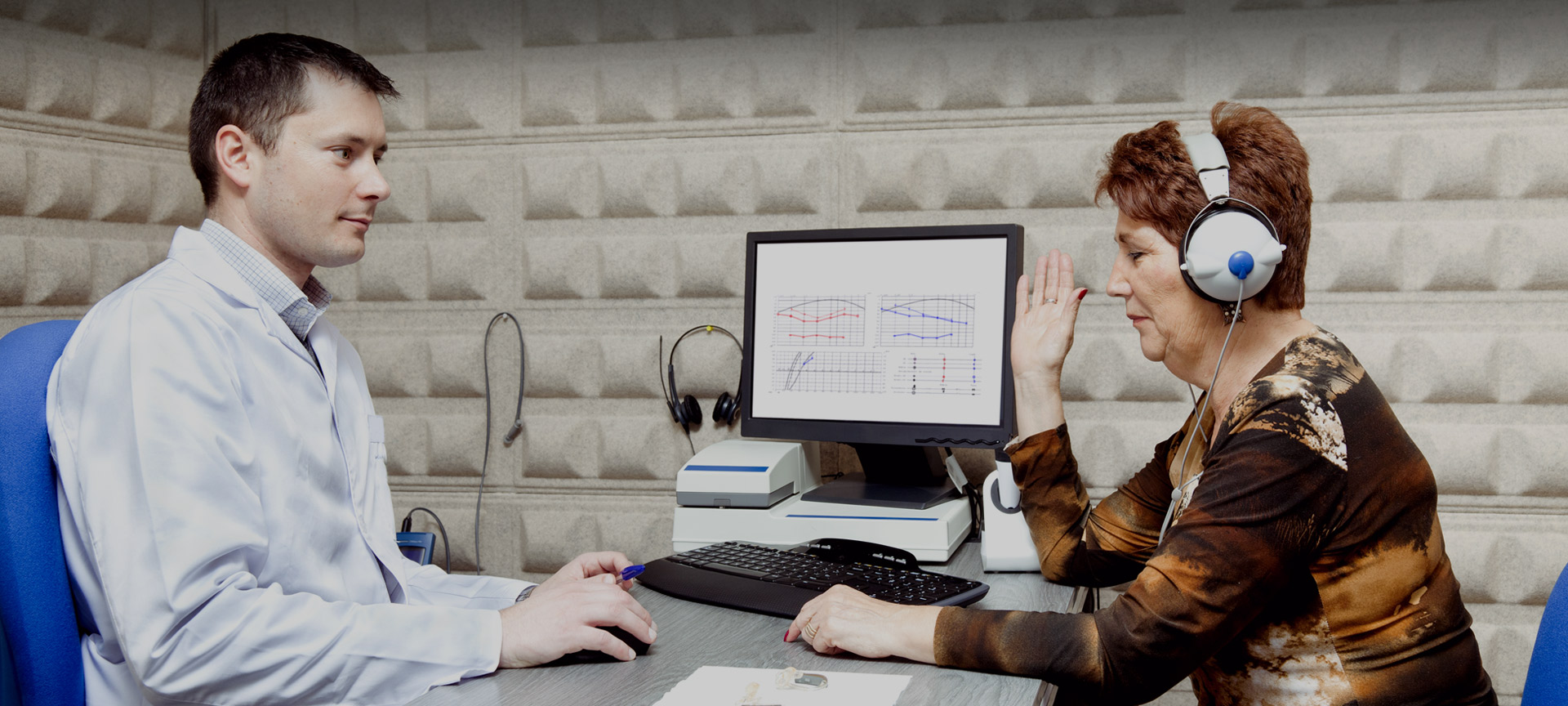Postgraduate
Master of Clinical Audiology and Doctor of Philosophy
Contact us
Address
Student Central
The University of Western Australia (M355), 35 Stirling Highway, Perth, Western Australia 6009
Telephone
131 UWA (131 892)
International
(+61 8) 6488 1000
Hours
Frequently asked questions
Events you may be interested in
Show more eventsCareers and further study
Take your studies to a new level with a postgraduate degree and discover what career opportunities lie ahead.
Career Pathways
Employment prospects for Audiologists who graduate from UWA are excellent, both within Australia and overseas.
Fees and scholarships
Learn more about the fees that apply to you for this course. For fee type definitions and further assistance, see the Fee Calculator Help page. You can also search our database for scholarships that are relevant to you or this course.
Domestic Student Fees
There is no current fee information available for this course. Please visit the fee calculator to browse course fees from a previous year, or other courses.
Scholarships
Postgraduate scholarships support UWA's position as one of Australia's leading research-intensive universities and the premier research institution in WA.
Research Training Program
Australian citizens, permanent residents and New Zealand citizens are offered a Tuition Fee Offset Scholarship which offsets the requirement to pay a contribution toward the cost of their research courses if UWA provides them with a Research Training Program (RTP) place.
This Tuition Fee Offset Scholarship is applied for up a maximum of four years full-time equivalent study for the Doctor of Philosophy. The RTP is a performance-based funding scheme administered by the Australian Government Department of Education.
Cost of living
Admission requirements
If you’re interested in furthering your career by studying this postgraduate degree, find out the admission details below.
Important note for applicants
Admission Requirements
(a) an honours degree of at least 2A level, or a qualification recognised as equivalent by the Board of the Graduate Research School (the Board) and the Faculty; and
(b) satisfied the requirements of Doctor of Philosophy Rule 2;
(2) A current National Police Certificate, National Criminal History Check or equivalent certification from country of residence, indicating no criminal conviction. The currency of a National Police Certificate or a National Criminal History Check is 12 months.
English competency
English is the language of instruction and assessment at UWA and you will need to meet the English language requirements of the University to be eligible for a place.
Graduate applicants require at least two successful years of full-time or equivalent degree studies undertaken in Australia, Canada (excluding Quebec), Ireland, New Zealand, the United Kingdom or the United States of America. Applicants presenting with the IELTS Academic require an overall score of at least 7.0 and no band less than 7.0. For more information visit ELC requirements.
How to apply

Ready to join us?
Find out how to apply through our online application portal.
We’ll guide you through the application process including important steps, entry pathways and documents you’ll need.
Course details
About the course
Quick details
- Available
- Full-time only
- On-campus
- Semester 1
- Full-time students are expected to work at least 30 hours per week on their research throughout the year, in addition to their coursework commitments.
- Postgraduate
- 00840
- 033773D
Course structure
Postgraduate research degrees are identified by an intensive research component. Refer to the Handbooks for information on course rules.
Why study Clinical Audiology?
- You’ll develop your understanding of the professional practice in Clinical Audiology including recent developments, as well as knowledge of research principles and methods applicable to Clinical Audiology.
- Gain the cognitive skills to demonstrate mastery of theoretical knowledge and to reflect critically on theory and professional practice or scholarship, as well as the cognitive, technical and creative skills to investigate, analyse and synthesise complex information, problems, concepts and theories and to apply established theories to your clinical practice.
- You’ll be equipped to generate and evaluate complex ideas and concepts at an abstract level.



